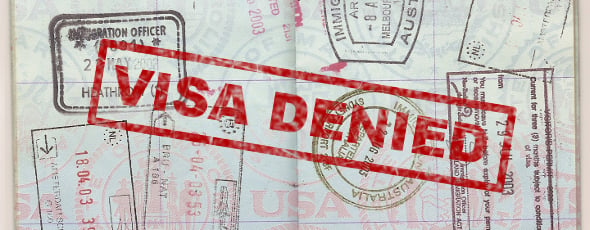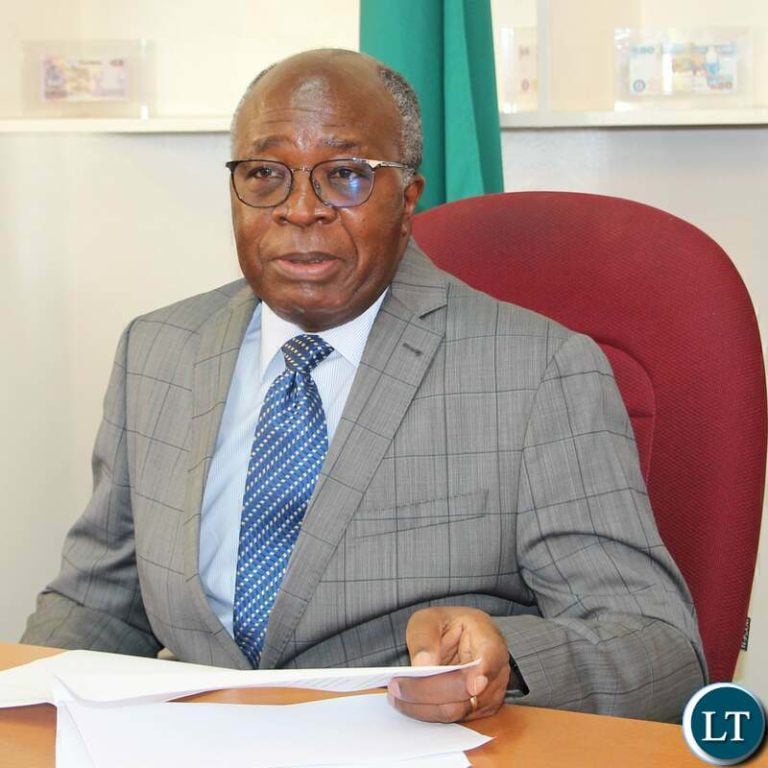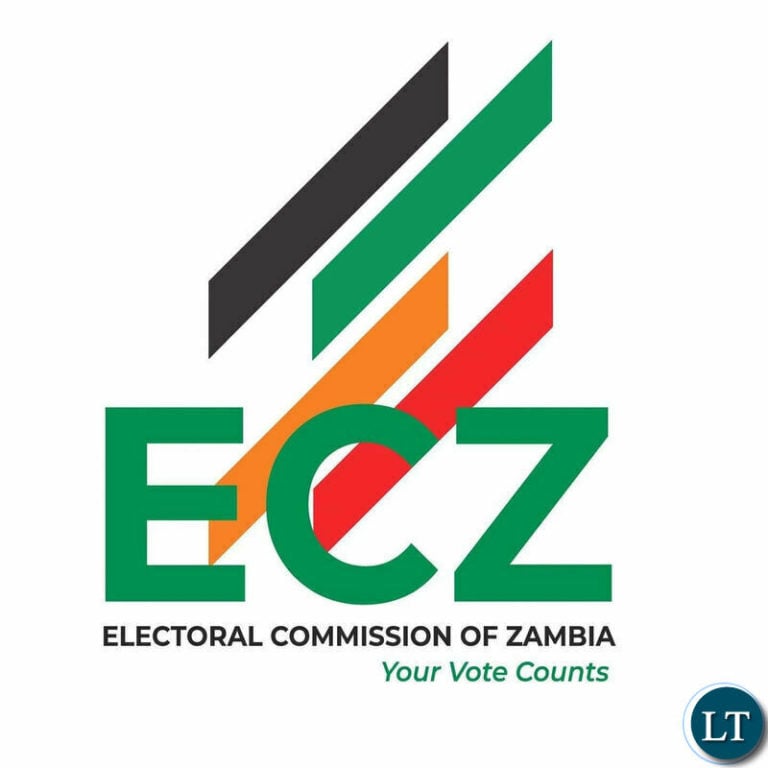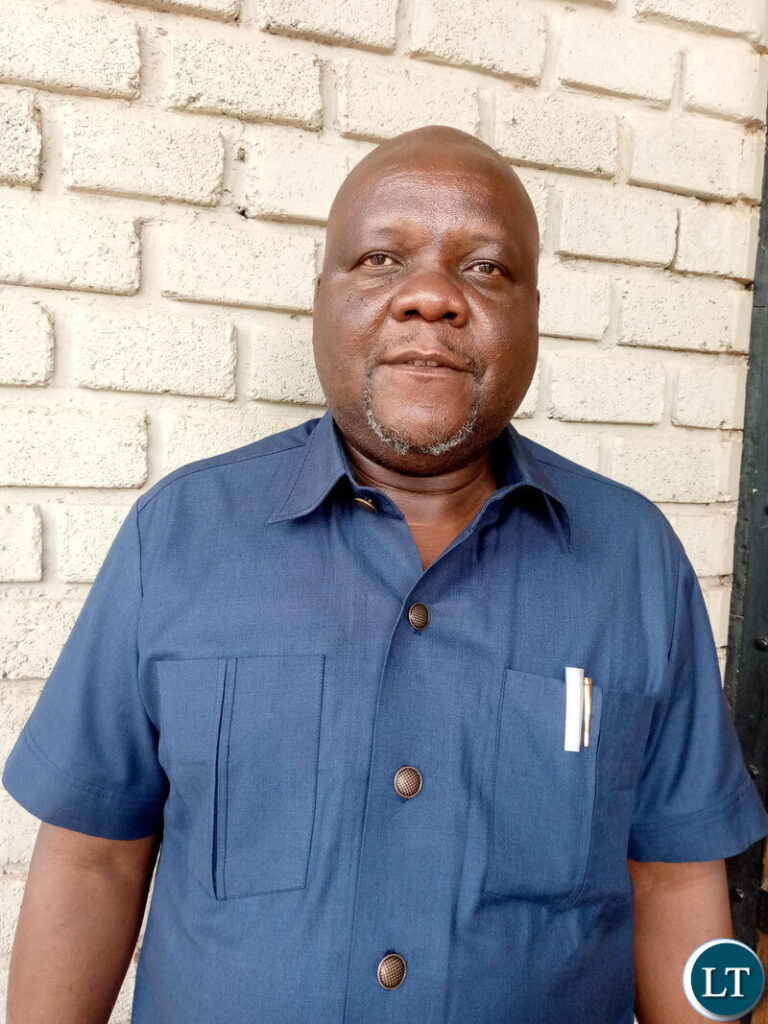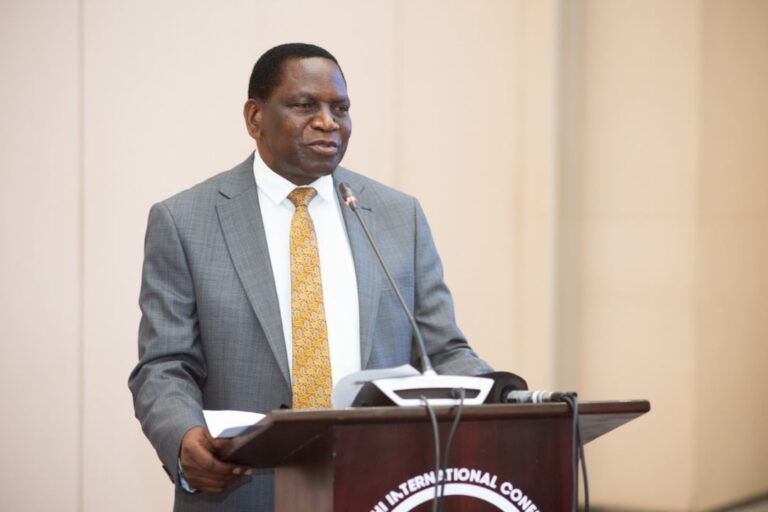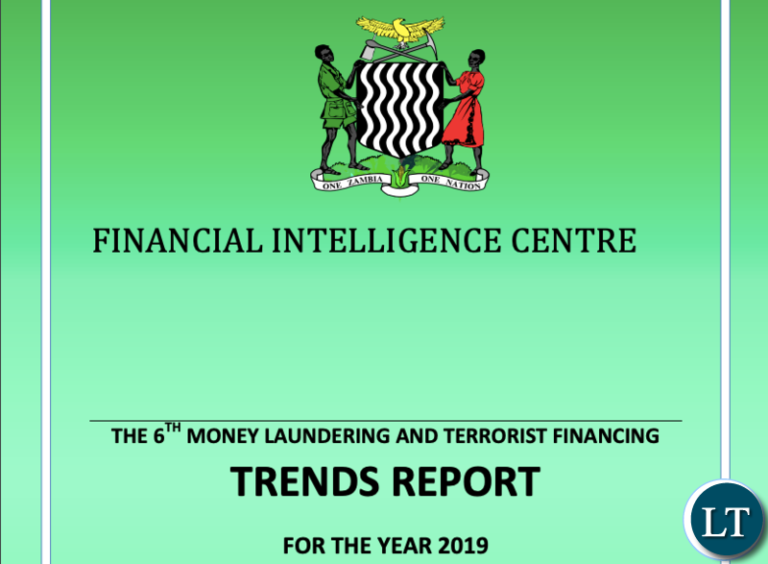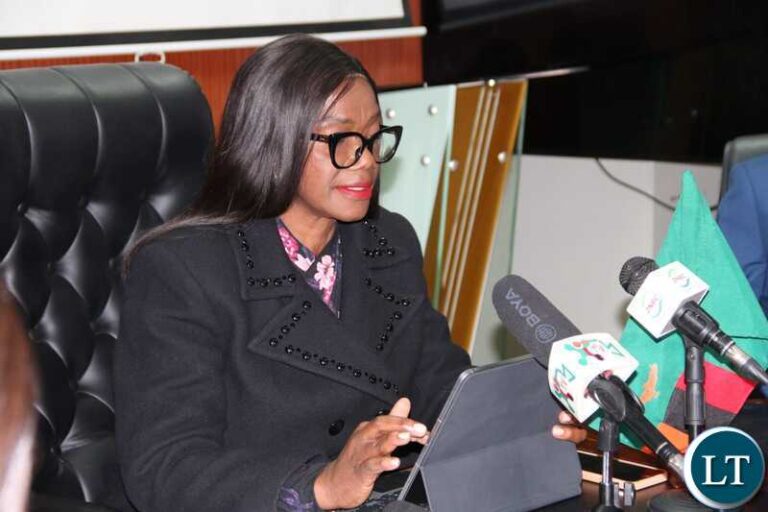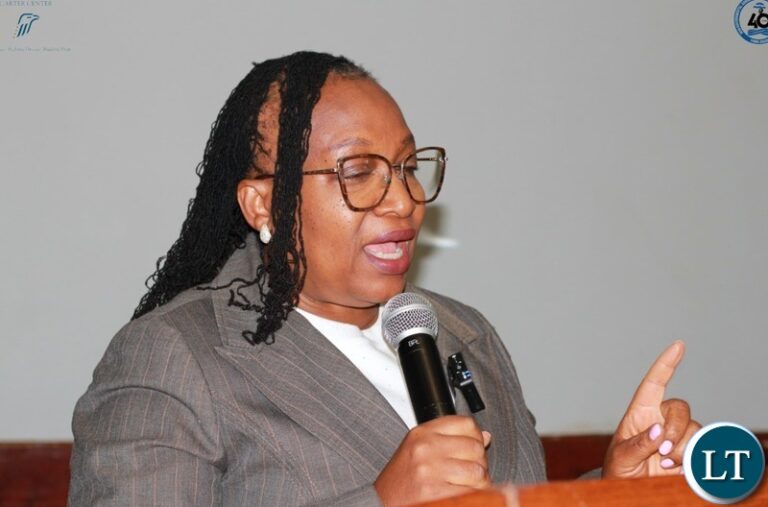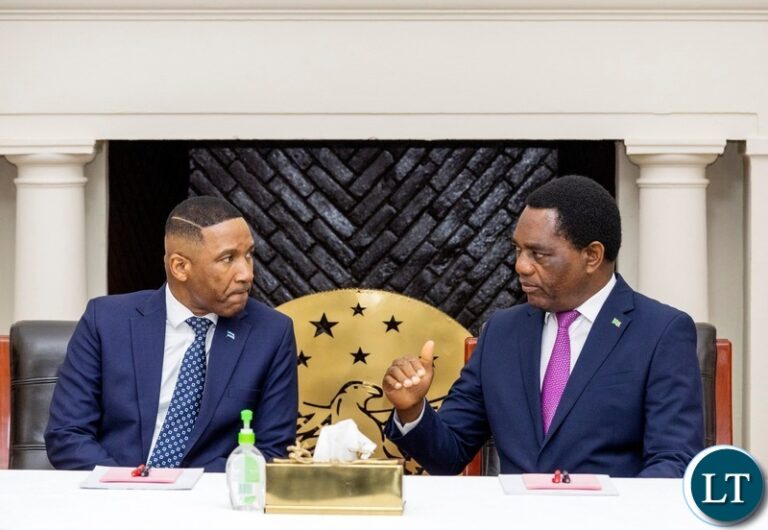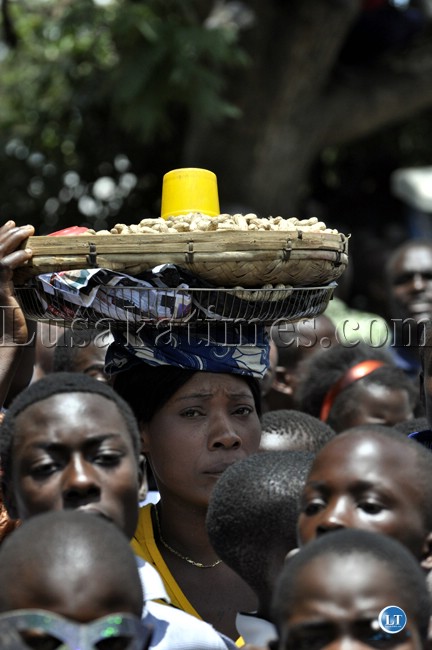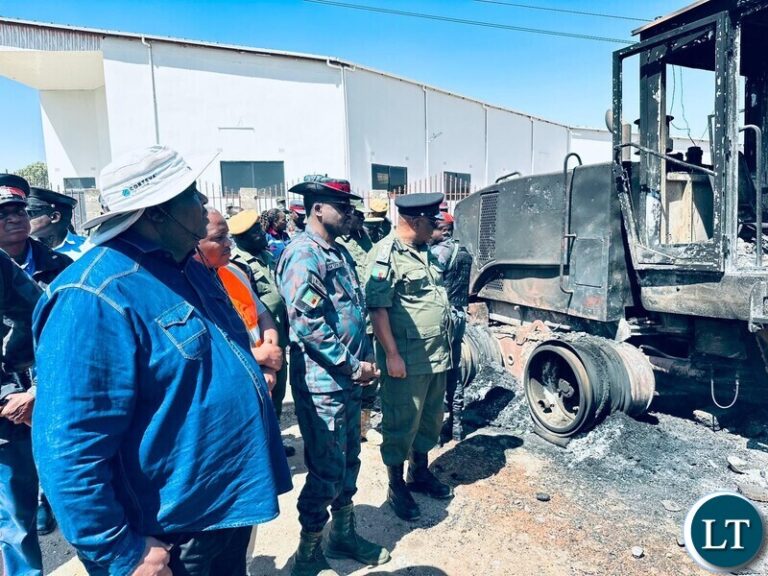Writing on his Facebook page recently, UPND Kankoyo Member of Parliament, Heartson Mabeta is wondering what has happened to the political party that Antonio Mwanza gave birth to upon severing ties with Fred M’membe’s Socialist party.
“We have laboured and sacrificed for others in the hope that they would do the best for this country. There comes a time in a man’s life when you have to take the mantle and lead and that time is here!” the former PF spokesman, renowned for his arrogance and pomposity made the grand announcement.
In apparent reference to the much hyped Ichabaiche, Mabeta took to his social media platform again, “To fund a successful Presidential campaign in Zambia, you need a minimum of 1 million dollars!”
What do we make of all this?
President Hichilema delivered a knockout punch to Edgar Lungu in the previous elections by an astounding 1 million votes, thanks to the power of the youth whom he was able to effectively engage via social media even as his opponents lampooned him as a Facebook president! Realising the significance of this particular demography in elections as they are in majority, Mpundu obviously saw a golden opportunity and came up with his so-called, “Ichabaiche.”
Mabeta obviously has his bearings wrong! One can only ignore Ichabaiche at their own peril. President Chiluba was practically penniless when he outsmarted many to be the one to slay the proverbial Goliath – Kenneth Kaunda! Ba Lungu was equally as broke as a church mouse when he surprised many to emerge as PF candidate out witting more colourful candidates such as Bob Sichinga, Miles Sampa and Christine Kaseba.
Simply put, Chiluba and Lungu’s campaigns were bankrolled by well wishers and party members who pumped in collosal sums of money for obvious reasons. Binwell is simply trying to ride on the backs of dissatisfied and disillusioned youths to hitch a quick ride to plot 1 Independence Avenue.
While we appreciate the power of the youth, we however have serious reservations about Binwell’s suitability to inspire and lead the youth movement…. maybe Christopher Kango’mbe as he’s of sober character and obviously possesses the necessary credentials such as political experience and reasonable education, and he’s not given to unnecessary theatrics.
Why do we insist Binwell is not suitable to even start dreaming about State House? When we found ourselves at the Lusaka Magistrates Court last year to offer solidarity to our dear friend, Kevin Soper who was due to testify, we were shocked to eavesdrope on a conversation of Binwell Mpundu and his colleagues from PF as they happened to occupy the benches behind us.
“Ah! Ngechi ichimusungu chaisangamo shani?” Binwell remarked upon seeing Soper.
We squirmed as we heard about their desire to castrate Soper and stuff his essentials into his mouth! We confronted the prosecutors after court session and urged them to cite the PF battalion for contempt of court as PF lawyers pleaded with us not to take that route. At this point, Binwell came demanding to know what was going on but we told him off and informed him we had heard about their evil plans. For those of you in doubt, you may search for Bill Kaping’a and Binwell Mpundu confrontation on Google; it was well captured by Kalemba. Ba UPND naimwe, you should know how to look after your foot soldiers at times; no wonder the youth keep on complaining.
As for Binwell, he should stop misleading the youth; he doesn’t have what it takes to lead this country!
Prince Bill M. Kaping’a
Political/Social Analyst
Zambezi





